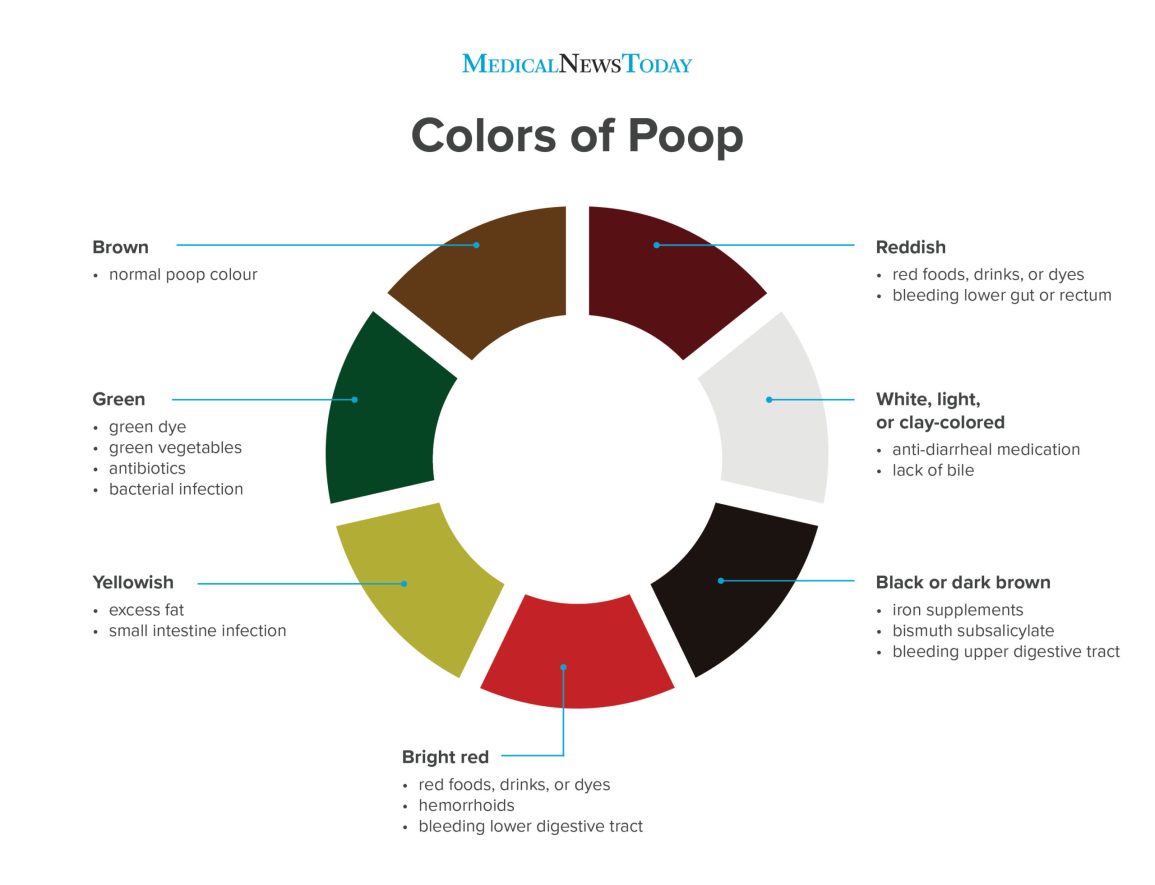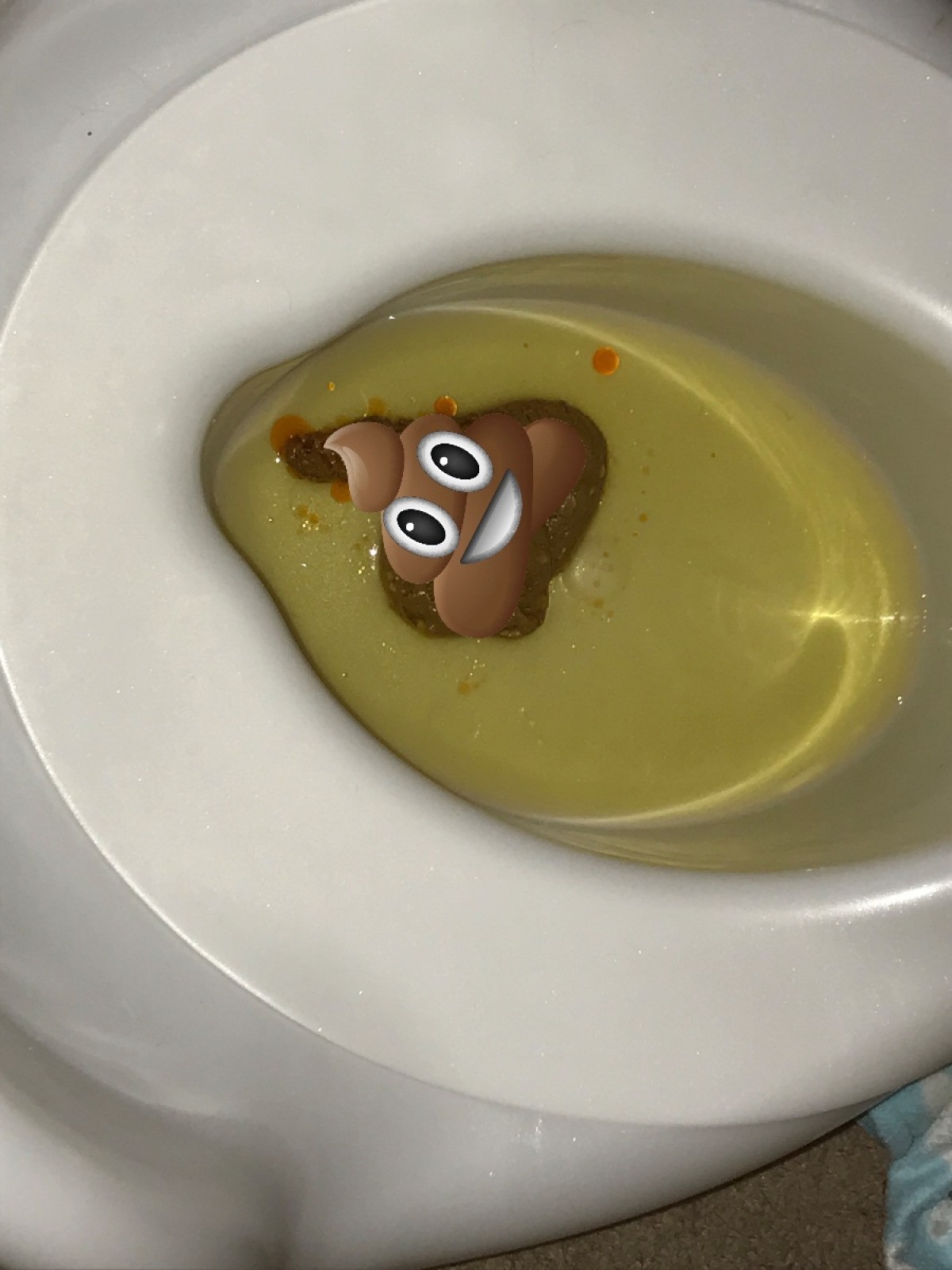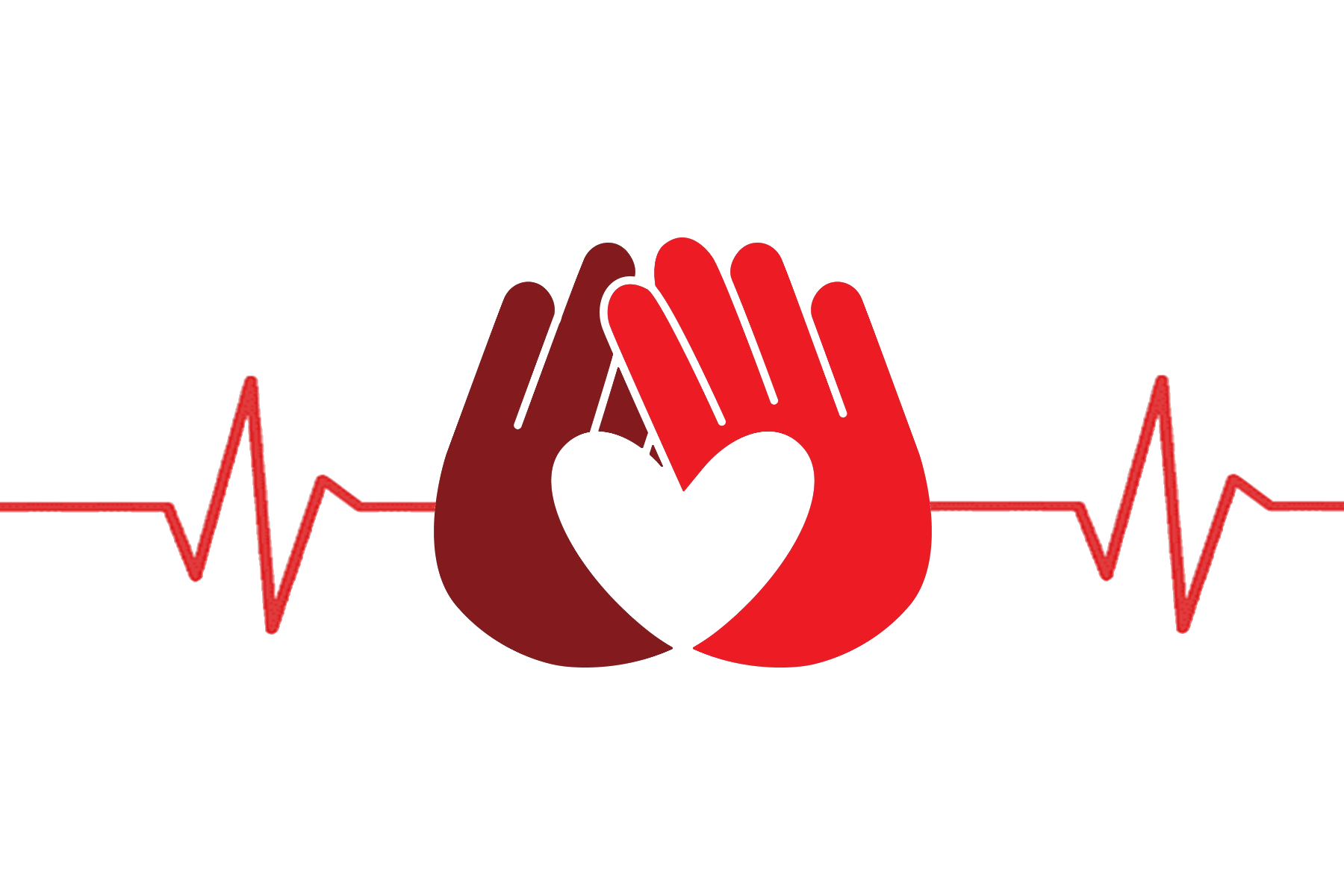What Does The Colour of Your Poo Mean?

Ok so these posts are not massage related but I do occasionally get asked by people why their poo or urine may be a certain colour. Since many of you will know that no topic is off limits with me, I therefore decided to explain all in the posts that will follow about the colour of poo, urine and menstrual blood.
When we look in the toilet bowl to see what we’ve produced, we naturally assume it will be brown but there is in fact a rainbow of poo colours available.
Minor colour changes can happen due to changes in nutrition, but occasionally the colour may indicate some kind of health issue which in rare cases, may be a serious digestive issue.
BROWN POO
Poo is generally a shade of brown, dependant on what food you have eaten and the amount of bile present. In order to digest fats, the liver produces bile, which contains 2 pigments bilirubin and biliverdin – red and green, which if you were paying attention in primary school, then red and green make brown! Chemical changes in the digestive system, transform the poo from a more yellow-green colour into brown.
GREEN POO
Poo can also range from a slight green to a vivid green and in most cases this is normal.
Certain foods and supplements may produce green poo:-
- Green veggies, like spinach or kale
- Green food colouring, such as in drink mixes or ice pops
- Iron supplements
If you have green diarrhoea your food probably travelled through the digestive system too quickly meaning that the bile didn’t have time to turn brown. This is why if you’ve ever seen the contents of an ileostomy bag it looks very liquid and green because it hasn’t undergone the chemical changes that occur in the large intestine. I am fortunate to have seen such contents up close when an ileostomy bag burst all down the front of my scrubs as a nurse.
YELLOW POO
Sometimes the poo appears to be more yellow than brown, rather like in breastfed babies, but there may be medical reasons why this happens:-
- If the poo is greasy and foul smelling it may contain too much fat due to some kind of digestive dysfunction
- Coeliac disease – yellow poo may be due to an inability to process gluten
WHITE/PALE/CLAY COLOURED POO
Pale poo is not usually down to what you’ve eaten, and may be due to:-
- medication for diarrhoea eg.Pepto-Bismol
- barium, which you may drink prior to an X-ray of the upper digestive tract
- lack of bile in the poo.
Bile is produced in the liver, stored it in the gallbladder, and released into the small intestine to digest food. Bile may be prevented from being incorporated into the poo by:-
- liver disease, particularly hepatitis
- blocked bile ducts due to gallstones,
- a tumour or biliary atresia
BLACK POO (Malaena)
It is normal for baby poo to be black in the first few days of life, known as meconium. In the rest of us black poo indicates eating a very dark coloured food, such as licorice or blueberries, or a medicine or iron supplement.
- Black poo that looks like tar can indicate bleeding in the upper digestive tract, which is more serious. This may be caused by:-
- Bleeding from stomach ulcers
- Bleeding sores in your oesophagus from acid reflux
- Bleeding from noncancerous tumours in the upper GI tract
- Cancer
If you don’t think black poop came from what you ate, you need to talk to your doctor.
RED POO
Certain foods may change the colour of your poo to a pink or reddish colour:-
Beets
Tomato soup
Gelatine dessert
Red drinks
Alternatively the red you see may be blood, but if it’s fresh bright red blood, you probably just strained a bit too hard, or this lower digestive tract bleeding may be due to:-
- Non-cancerous tumours
- Inflammation in the colon, called colitis
- Growths called polyps in your colon
- Conditions caused by small sacs in the wall of the colon, called diverticular disease
- Haemorrhoids
- Irritable bowel
While rectal bleeding due to cancer tends to be darker in colour, if you notice this problem more regularly, it would be wise to discuss with your GP.
ORANGE POO
If you have diarrhoea, the poo will most likely exit the body the same colour as it went in, so it’s most likely due to some orange foods which have a high beta-carotene content:-
Carrots
Winter squash
Pumpkin
Sweet potatoes
Foods with orange colouring eg. sodas, candy, gelatine desserts
Antibiotics and antacids containing aluminium hydroxide can make your stool orange
Generally a different coloured poo is quite normal but if it’s white, bright red, or black, and you don’t think it’s from something you ate, call your doctor.
STEATORRHOEA (greasy poo)

Funny story told by one of my lecturers as a student nurse. A woman was being investigated for liver related issues and had a hospital appointment to which she was requested to take a stool sample. The woman had failed to realise that she had misplaced her specimen jar and wanting to ensure that she had everything necessary for the appointment, she carefully wrapped a rather greasy poo in some tissue and then placed it in her handbag. She started walking to the hospital for her appointment and it was a rather hot day, which did not help with the rather foul odour being emitted from the poo. Part way through her journey she was mugged, with the thief running off with her handbag. I’m sure he got a lot more than he had hoped for.
A high percentage of our poo is water, but it also contains
bacteria
fats
fibre
mucus
protein
salts
various cell linings
If there is too much fat in your poo, it is called steatorrhea, and this may be a sign of malabsorption
- your body isn’t absorbing nutrients properly
- Your body isn’t making the enzymes or bile necessary to digest food effectively
If you have steatorrhoea, your stools will be:-
- bulkier
- pale
- foul smelling
- have a tendency to float because they have a higher gas content
- tend to be covered in a greasy film, possibly even drops of oil in the water beside the poo
Other common symptoms of malabsorption include:-
- abdominal cramps
- diarrhoea
- gas
- indigestion
- weight loss
If the digestive system isn’t breaking down food properly, the body may not absorb parts of the food such as dietary fat. Common conditions that may contribute to this are:-
- cystic fibrosis
- chronic pancreatitis – the pancreas releases enzymes to help you digest fat, protein, and carbohydrates in your small intestine
- exocrine pancreatic insufficiency (EPI) – the pancreas doesn’t make or release enough enzymes to break down food and absorb nutrients
- biliary atresia - blockage in the bile ducts
- coeliac disease – sensitivity to gluten
- Crohn’s disease
- lactose intolerance
- Whipple disease – bacterial infection of your digestive system, affecting how the body breaks down fats and carbohydrates
If your poo floats and appears greasy, pale, and abnormally foul smelling, you should speak to your doctor, especially if you also have weight loss or cramps.
